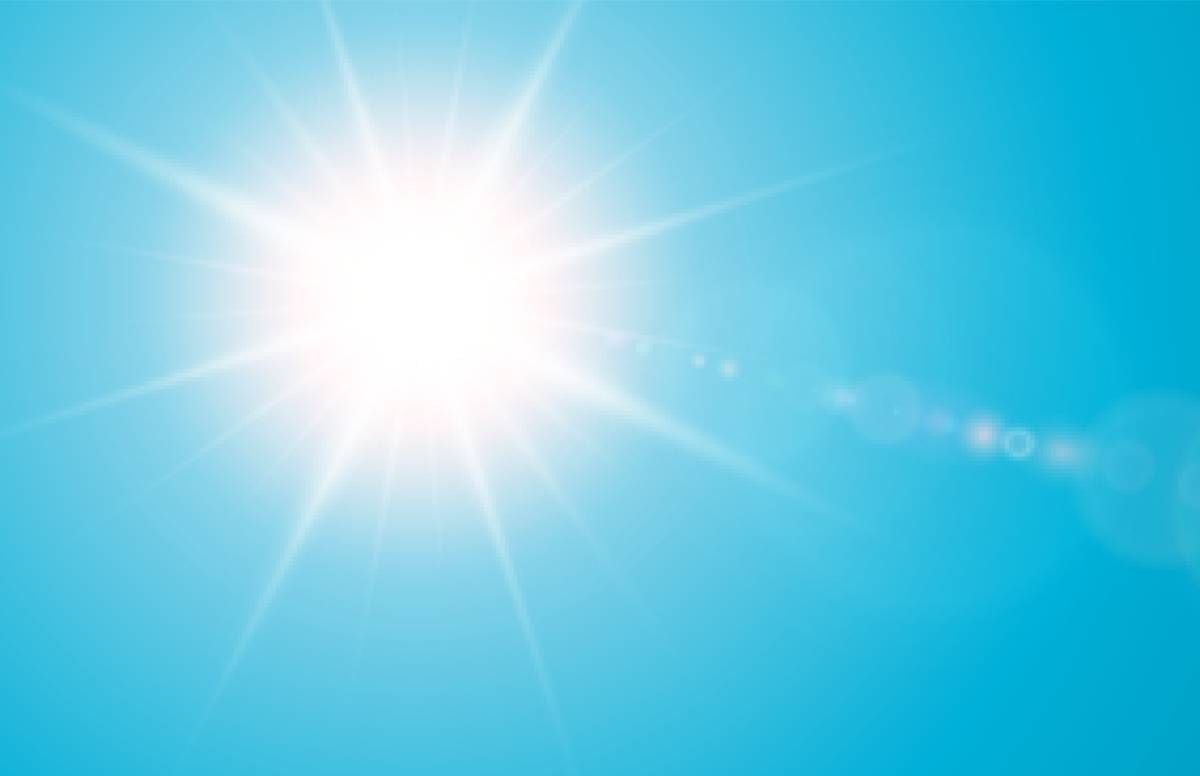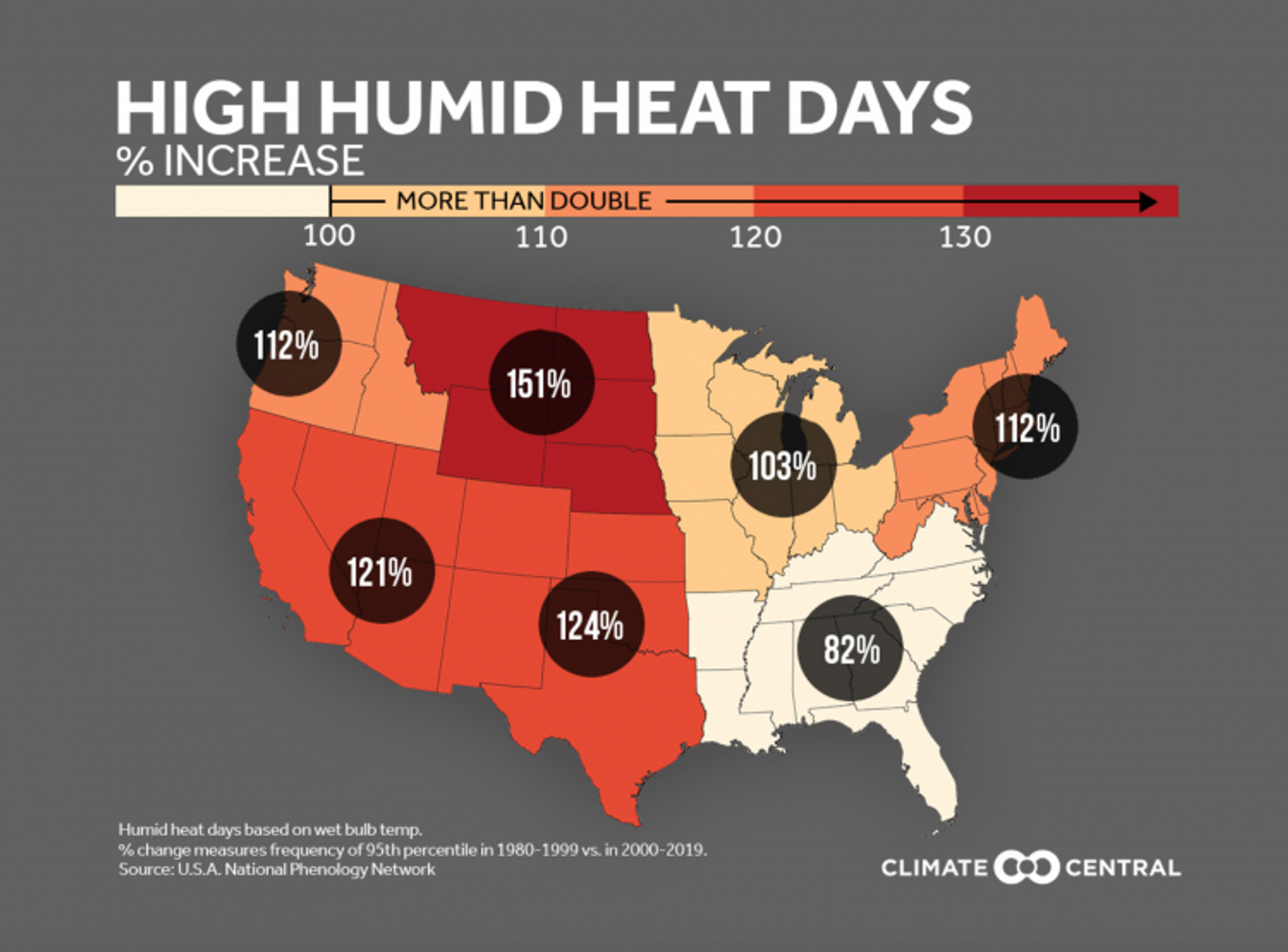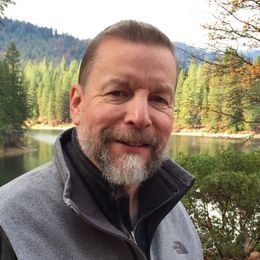How COVID-19 and Climate Change Are Making Heat Deadlier
The reasons why older people are especially vulnerable
Scientists say 2020 is on track to be among the hottest years on record. They know this from a worldwide network of sensors and satellites that constantly monitor land and ocean temperatures.

But my favorite index for global heating is Charlie, my 92-year-old father. I called him at his home in North Syracuse, N.Y., on a recent day when it was 91 degrees there.
"The heat and humidity is just closing in on me."
“I can’t do this...this crap,” he growled. “I pray for winter.” For a guy who’s lived his entire life in Syracuse, that’s pretty startling, given the area’s reputation for Arctic winter conditions.
“You can’t go outside and if you do, you gotta limit your exposure,” he continued, “and try to finish quickly, so you can get back into someplace that’s air conditioned. I just feel like the heat and humidity is just closing in on me, you know, like I’m being put into a sweat box or something.”
My dad insists that it didn’t used to be this bad. And it’s not his imagination. The world is heating up. According to researchers at Columbia University, extreme humid heat overall has more than doubled in frequency since 1979. The one-two punch of heat coupled with high humidity is especially potent because it reduces evaporation of sweat, which short-circuits the body’s natural cooling process. And older people are especially vulnerable.

Extreme Heat is the Top Weather Killer
It’s no secret that extreme heat is dangerous. According to Climate Central, a science and news organization in Princeton, N.J.: “It’s the top weather killer (surpassing flooding and tornadoes) and is especially difficult to shelter from this year, as a result of the pandemic.”
“The places that were just part of our daily lives to get away from the heat are not available to us,” notes Greg Wellenius, an environmental epidemiologist at Boston University’s School of Public Health. Many of the shopping malls, restaurants and movie theaters where people commonly take refuge for the air conditioning remained buttoned up into the summer months.
It turns out the actual number of people who die from heat-related causes in the U.S, is elusive. The official tally by the Centers for Disease Control and Prevention (CDC) is about 700 a year, a figure Wellenius calls “a huge undercounting.” That's because it only counts death certificates that explicitly list heat as the cause. His research places it closer to 5,000.
Researchers at Duke University have calculated a figure of 12,000, which would place heat close to gun homicides in number.
A separate study in the Canadian Medical Association Journal concluded that 8 in 10 “premature deaths” from heat-related causes are in victims 60 years old or over.
“Older people often have just less physiologic reserve,” says Wellenius. “You might just be more frail, basically, and have less capacity to adapt to impacts of heat.”
The older we are, the more likely we are to be on maintenance medications that can increase our heat risk. Beta blockers such as Inderal can decrease perspiration, as can antihistamines such as Benadryl. This when the body’s internal air conditioning — the ability to sweat and circulate blood to the skin — is already working less efficiently due to the nature of aging.
Drinking Less As We Age
There is also some evidence that with age, we tend to drink less fluid, which can lead to dehydration.
Scientists appear divided on whether we gradually lose our sense of thirst with age or if older people drink less for a complicated set of reasons.
Neil Rowland, a biopsychologist at the University of Florida and author of a forthcoming book on thirst, is skeptical that the neurological signals for thirst diminish with age. He points to a range of reasons why older people drink less.
Drink plenty of nonalcoholic fluids.
Those with cognitive impairments, for instance, might feel thirsty but simply fail to act on it.
Other reasons may be purely practical.
“Old people don’t want to drink in the afternoon and evening because they’ll be up at night,” observes Rowland. “All these other things that … don’t have to do directly with the actual physiology of thirst, they have to do with the practicality of managing your body.”
But, says Rowland, they are no less important.
He also points to surveys that show most people take the majority of fluids with meals, a habit they might not change during a heat wave.
“If you’re in a hot environment where you’re losing water fast,” warns Rowland, “you need to drink in the absence of food at a time you might not normally drink.”
That’s a good reminder for my dad, who still thrives on yard work and household projects.
“My system just doesn’t like heat and humidity,” he says. “That’s probably why I live in Syracuse.” Except that with the changing climate, even Syracuse isn’t providing much relief.
The CDC has this set of recommendations to avoid the perils of high heat and humidity:
- During heat waves, frequently check on people at risk for heat-related death, such as the elderly and disabled or homebound people.
- Never leave children alone in cars, and ensure that children cannot lock themselves in an enclosed space, such as a car trunk.
- Limit sun exposure during midday hours and in places of potential severe exposure, such as beaches.
- Drink plenty of nonalcoholic fluids, and replace the body’s salts and minerals, which sweating can release. Do not take salt tablets unless under medical supervision.
- Dress infants and children in cool, loose clothing and shade their heads and faces from the sun with hats or an umbrella.
- Provide plenty of fresh water for pets, and leave the water in a shady area.

Read More

